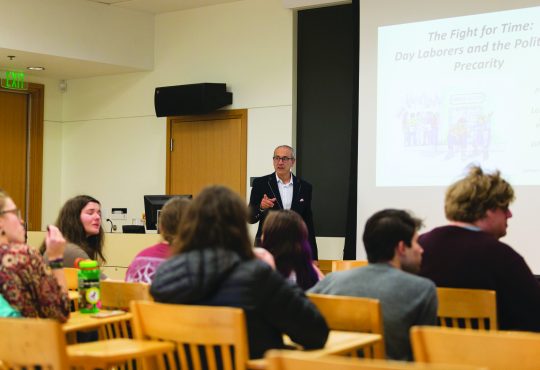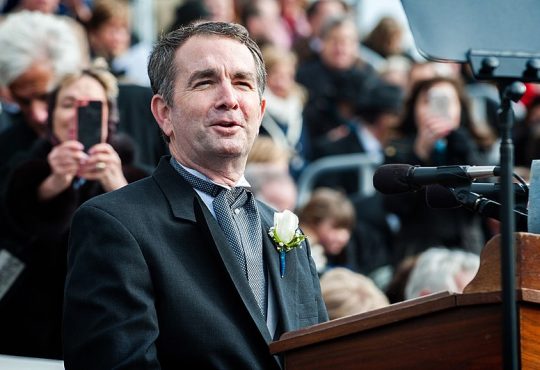Self-care for survivors: Taking care of yourself in light of the current political environment

It’s pretty much impossible to avoid the news about Judge Kavanaugh, Dr. Ford and the hearings surrounding a high school sexual assault. News about a sexual assault in general, along with Kavanaugh himself now being a Supreme Court Justice could be upsetting for anyone, but for sexual assault survivors, it can be truly excruciating. So, how can those who are struggling get through this terrible time? Self care, of course!
Self care can get a bad rap. I have been among those who roll their eyes when we are urged to “take a bath, or something” when going through severe emotional turmoil.
“Self care” can be “a really vague term that gets tossed around without much backing it up,” Maloy Moore, a Puget Sound Peer Ally, said. However, self care is extremely important! By being emotionally, mentally and physically healthy, you can better engage with and even care for others.
One major way to take care of yourself is to avoid keeping your feelings all to yourself. One way to do this is to connect with Puget Sound Peer Allies. Peer Allies is a network of students on campus who are passionate about ending rape culture and supporting students who are survivors of assault or harassment. They hold office hours every week in the basement of Kilworth Memorial Chapel. Students are welcome at office hours to talk about anything surrounding sexual violence. Peer Allies’ goal is to listen to them, believe them and give them further resources if needed.
The point of self care is to ground yourself. This means not getting too swept up in your feelings to a point where you are debilitated. Moore said that she likes to take care of herself by surrounding herself with comforts like good smells and distractions like knitting. However, she often figures out how to best take care of herself as she goes.
“I think that everyone copes and processes differently,” Moore said. “It’s really hard to learn how to take care of yourself and it takes a lot of effort to figure that out. … I tried making a meal for myself and my friends, and that felt really good.”
Grounding yourself can be as simple as mindfully breathing, which means focusing on the breath as you breathe in through your nose and out through your mouth for a few minutes without thinking about anything else. This is a form of meditation, which disconnects you from strong feelings you may have. Activities such as yoga, sports practice, puzzles, coloring or making art may all have the same effect.
Another way to care for yourself is to simply click out of social media and skip the news for awhile.
“There is a lot of pressure to keep up with the news, and sometimes that is impossible,” Moore said. “Personally, I can’t do it. Sometimes you can feel so powerless, and it makes you feel worse. If you want to avoid news or social media, there is absolutely nothing wrong with that.”
There is no wrong way to take care of yourself in such a tumultuous time. While many may feel down, it is important to stay connected and give time and attention to small joys.
“It’s such a heavy topic if we all hold it in,” Moore said. “Having conversations with others is so important to touch base with each other and take care of each other. Don’t ever hesitate to come meet with a Peer Ally to discuss anything at all!”






